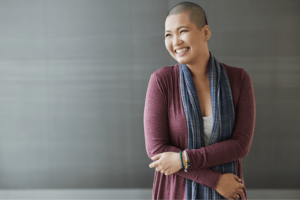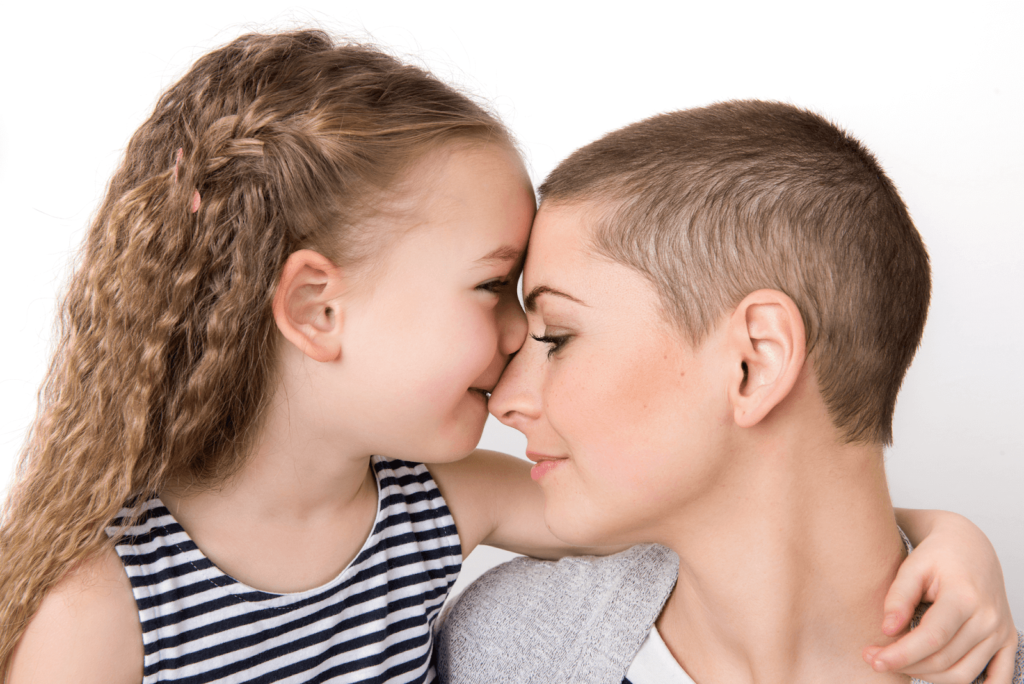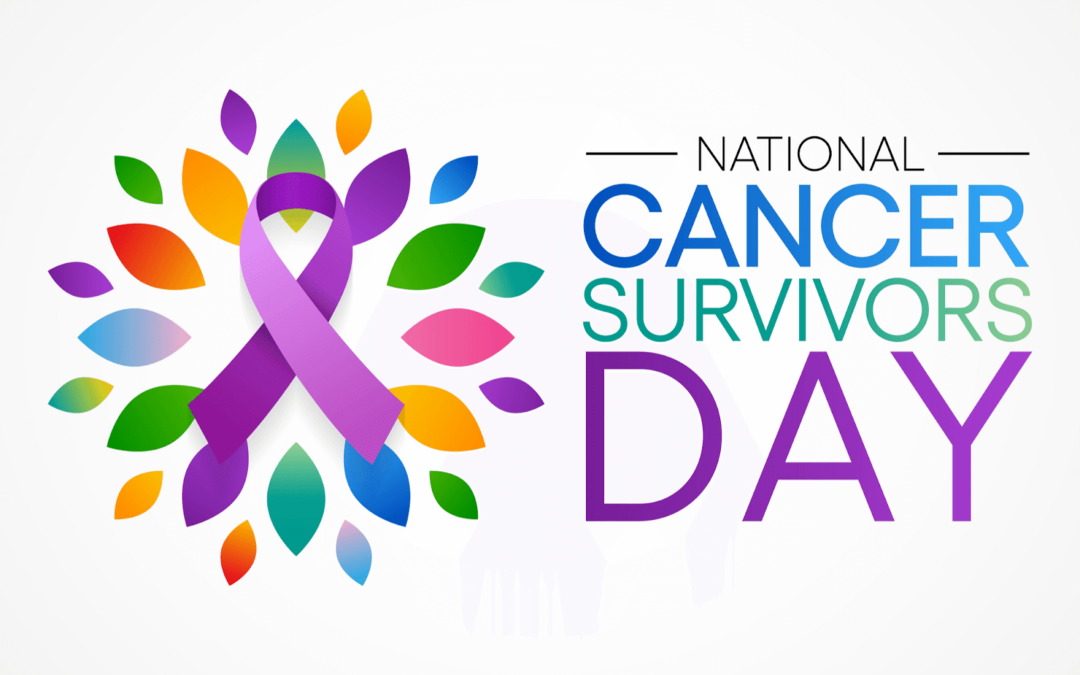National Cancer Survivors Day is June 6th, 2021. Last year we talked about how to talk to someone after they’ve been diagnosed with cancer. Any cancer patient who successfully comes through their fight still has changes that they have to deal with after their cancer goes into remission. The purpose of National Cancer Survivors Day is to raise awareness that life is possible after cancer.
What is National Cancer Survivors Day?
Every first Sunday in June marks the celebration of National Cancer Survivors Day. In the words of the National Cancer Survivors Day® Foundation:
“National Cancer Survivors Day® is a CELEBRATION for those who have survived,
an INSPIRATION for those recently diagnosed, a gathering of SUPPORT for families,
and an OUTREACH to the community.”
At The Surgical Clinic in Nashville, TN, our team of surgical oncologists is highly aware of the challenges that cancer treatment presents. We know that talking about cancer can be uncomfortable in many situations. We also recognize that patients not only face physical challenges, but mental health problems like depression, stress and anxiety during cancer treatment.
As we celebrate National Cancer Survivors Day this year, we hope this will give you the support you need no matter how you’ve encountered or survived cancer in your life.
Can I Have a Normal Life After Cancer Treatment?

For someone who has recently been diagnosed with cancer, the mental struggle can be even more distressing than their current symptoms. Regardless of your diagnosis, having cancer is a life changing event. Life after treatment still requires lifestyle adjustments and regular check ups. Additionally, anxiety and chronic stress can linger long after cancer treatment is over; especially because remission is always possible.
Now, with all of that said, you can return to a normal quality of life after your cancer treatment. It may not be the same normal that you had before, but your life will normalize.
The time it takes to get back to normal may depend on the severity of your cancer and the intensity of your cancer treatment.
What Causes Hair Loss During Cancer Treatment?
Chemotherapy drug treatments are the main cause of alopecia or hair loss for cancer patients. If your medical oncologist recommends chemotherapy, they can help you understand not only the success rate of your treatment, but also side effects like hair loss.
Can You Live a Long Life After Cancer?
Most cancer survivors live much longer lives than just five years after their diagnosis. And if you catch the cancer by early detection, then your chances of living longer after your treatment increase. Less aggressive tumors and nodules that have not spread to other parts of the body also have better chances of long-term survival.
What Do People Learn from Cancer Survival?
Cancer survivors often share their stories of treatment and their experience battling cancer. Many share raw emotional thoughts and memories about their reactions to diagnosis, the pain of treatment, and challenges with hope for recovery.
If you go to YouTube and search for “what I learned from cancer,” you’ll find many videos of survivors sharing their stories. Once again, because cancer treatment is so personal and individual, survivors come away from treatment learning different lessons. However, similar themes through their experiences include:
- Live in the moment
- Take care of yourself
- Be patient
- Ask for help
- Chase your dreams
- Let go of what you can’t control
My survival story — what I learned from having cancer | Martin Inderbitzin | TEDxZurich
What are the Long-Term Side Effects of Chemo?
Due to the intensive nature of chemotherapy, there are many possible late effects. Chemotherapy can cause heart problems, lung problems, hormone problems, osteoporosis, hearing loss, risk of strokes, memory difficulties, and problems with dental or oral health.
At The Surgical Clinic, our surgical oncologists specialize in the surgical treatment and removal of cancerous tumors. Your medical oncologist will help you assess the viability of chemotherapy for your symptoms and whether or not it is right for you. They will also help you understand the risks associated with the drugs that will be used in your treatment.
What’s the best way to live long and avoid cancer?
The best way to live long is to take care of yourself. Eating a healthy diet with plenty of fruits and vegetables will help reduce your risks of developing cancer and avoiding recurrent cancer. Knowing what your risk factors are will give you an edge to avoiding cancer.

Granted, even people in generally good health can develop a tumor when they’re least expecting it. Therefore, if you know you are more at risk for a certain type of cancer due to family history or genetics, then you should schedule regular cancer screenings with your doctor or a cancer specialist in Tennessee.
What Are Common Risks of Cancer?
Because there are so many different types of cancer, it is impossible to go into the risks for each type here on this blog article. However, the most common and overall risks for developing cancer include:
- Frequent alcohol use
- Exposure to asbestos
- HPV infections
- Exposure to radiation
- Sun exposure
- Age
- Tobacco use
- Obesity
- Family history
- Diet high in fat, cholesterol, and processed foods
- Chronic inflammation
- Immunosuppression
- Exposure to other carcinogens
Who is Considered a Cancer Survivor?
If you’re living with any history of cancer at all, then you are a survivor. Even if you were just diagnosed yesterday and you’re still going–you are a survivor.
How to Get to Life After Cancer
Detection
The start of the path to life after cancer starts with detection. As we’ve mentioned, early detection increases your chances of survival and recovery. That is why regular cancer screenings are so important. Yearly mammograms, prostate exams, and skin cancer screenings are some of the most common regular cancer tests.
Build a Team
Once cancer is detected, you will need to work with a dedicated and experienced team of oncologists. You will need the help of surgical oncologists, radiologists, dietary specialists, psychologists, medical oncologists, your primary care physician, nurses and more. At The Surgical Clinic, we believe in using a team approach to evaluate your cancer and identify the best way to address it. Read more about our philosophy on our Surgical Oncology page.
Proceed with your Treatment
Once we have determined what treatment will be the most effective for you, you will need to follow all of your team’s instructions. It is vital that you take all of the medications you’re given and follow every instruction for your medical care.
Fight Through to the End
Cancer treatment can sometimes be simple, and sometimes it requires a long treatment process. No matter what symptoms your body presents, your commitment to recovery is just as important as your treatment.
How Long Does it Take for Someone to Get to Remission?

When cancer goes into remission, it simply means that your symptoms have been reduced. Many doctors don’t use the term “cured” because it’s often unclear if all of the cancer cells have been killed or removed. Although, normally if remission lasts for five years or more, the chance that the cancer will come back is much lower.
As soon as your symptoms start to decrease, you are in remission. Your doctor will carefully monitor your symptoms and condition and help you know when you enter remission. Be aware that the length of time will vary from patient to patient. People with benign tumors or less aggressive growths will enter remission more quickly than people who have malignant tumors.
What Is Life After Cancer Like?
Many patients can return to a close to normal quality of life once their treatment is complete. However, there will usually be some residual side effects and scaring depending on the surgery used to remove or address the cancer.
People who lose their hair due to chemotherapy, for example, may decide to purchase and wear wigs or head wraps while their hair grows back. Some people may have to undergo amputation to prevent the cancer from spreading, and then will have to adjust to those changes.
Still others may face more emotional or mental challenges, or strain on their relationships. We recommend visiting with a trained counselor to give you mental health support before, during and after your cancer treatment.
Many survivors choose to get involved in raising awareness and other charity work for cancer survivors. To find nearby cancer fundraising events in Nashville, visit the American Cancer Society website.
American Cancer Society Events
Surgical Oncology Treatment at The Surgical Clinic
We hope that this article has helped give you hope that you, or a loved one can enjoy life after cancer. If you need a skilled surgical oncologist to help you with your cancer treatment, request a consultation at The Surgical Clinic.

